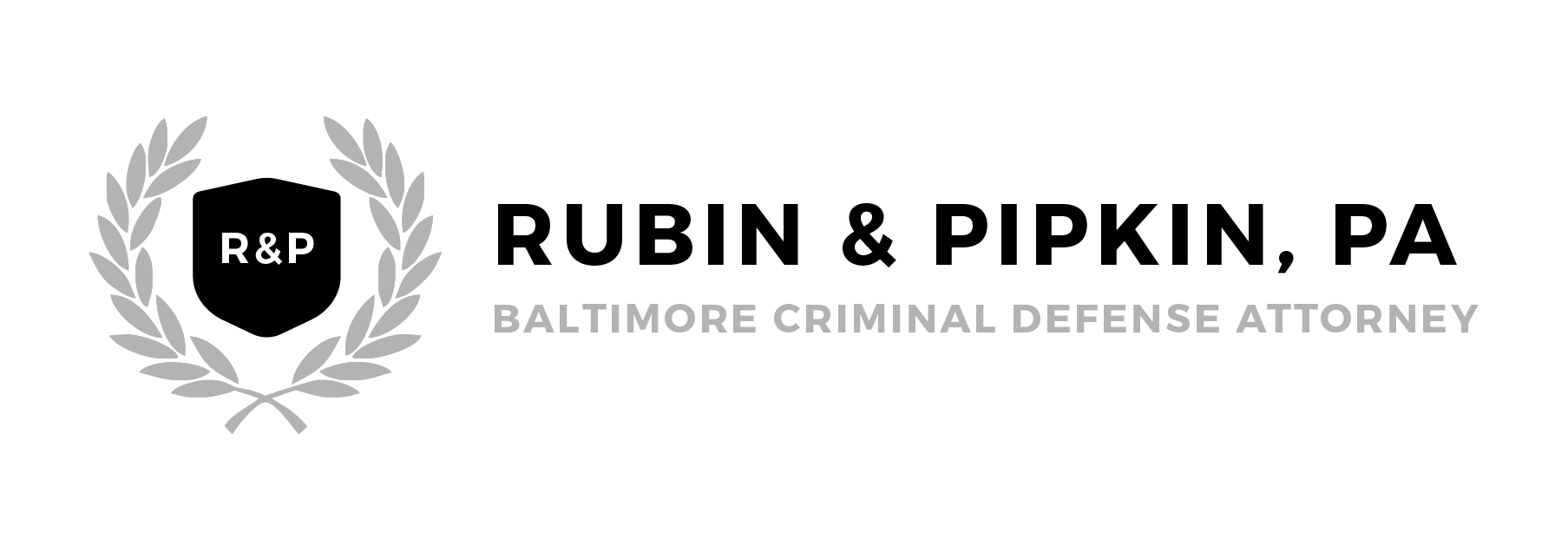29 Apr Exonerations at an All Time High
One of the prime tenets of our criminal justice system is that those who are convicted of crimes and punished for them are the ones who actually committed them. Indeed, throughout the years, a variety of safeguards have evolved to help ensure that the innocent are not unjustly punished. Unfortunately, in recent years, it has become clear that this is not always the case. In fact, it happens much more often than many people might think.
Recently, the National Registry of Exonerations – a collaborative project between faculty at the University of Michigan Law School and the Northwestern University School of Law – published its survey of wrongful conviction data from 2013. The Registry’s report shows that the number of exonerations last year was much higher than it has been in many years. Overall, the Registry noted 87 exonerations nationwide for 2013. Although that number may seem small, it marks an important increase over previous years.
Surprisingly, DNA evidence played a very small role in overturning wrongful convictions last year. A total of 69 convictions were overturned in 2013 using non-DNA evidence, an increase from 2012. Most of those who were exonerated in 2013 had been convicted of sexual assault or murder, as has been the case in previous years. The most common causes of wrongful convictions last year were witness misidentification, perjury and false accusations.
One trend that surprised the researchers was the number of cases in which the person convicted committed no crime. In 2013, there were a total of 27 cases where this occurred. Since the Registry has been keeping track of exonerations, this is the highest number of these sorts of cases it has seen. Most of these cases involved convictions for drug crimes.
Determining what causes wrongful convictions can often be difficult. In many cases, studies have found that a single error is not to blame, but rather a series of personal and systemic failures. By keeping track of exoneration statistics, those involved with the Registry hope to improve the ability of the criminal justice system to identify and prevent instances where innocent people are convicted of crimes.
No matter the situation, criminal charges are something that must be taken very seriously. An attorney with experience defending those accused of crimes understands what is at stake and can help fight for your rights. If you are facing criminal charges, schedule a consultation with a criminal defense lawyer today.


Sorry, the comment form is closed at this time.